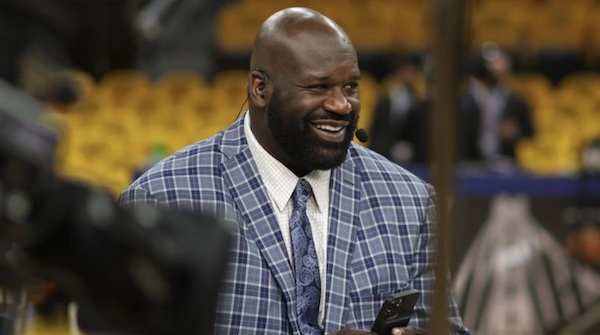In 2014, Lil Wayne said, “I believe athletes want you to know who they are — not just how they play. Music is an outlet for that.’’ No doubt, sports and music are inextricably intertwined, particularly in American culture, where athletes, from high school and college sports, to those in the NBA or NFL, regularly listen to Hip-Hop before games and throughout training sessions.
For celebrities like Shaquille O’Neal and Ron Artest (Metta World Peace), rapping and singing was a necessary check off their bucket list, and this dedication helped further the careers of others in their immediate neighborhoods. Essentially, it evolved from a means of discussing problems and experiences to a means of escape, and it even became a career that promises to be profitable to future generations.
For many throughout the world, sports and music are their sole means of changing their circumstances and earning a living. In some communities, sports and music offer a significant opportunity to improve people’s lives. This is evident in South America and Africa. According to Kate Richardson, a tipster at MightyTips, and an authority in the betting industry, due to the traction sports has been generating especially in Africa, the image of sports betting in Ethiopia is changing. This is not limited to Ethiopia, but also other areas in Africa.
Over the years, some athletes who are also rap enthusiasts have bravely entered the hip-hop scene to make their mark. Discover some of these celebrities and their stories here.
Top Athletes Turned Rappers
It shouldn’t come as a surprise that a number of well-known boxers, soccer stars, NFL and NBA players are also into the rap industry. These rap athletes are multi-talented! From Shaq, one of the most iconic NBA stars to Dutch soccer player turned rapper, Memphis Depay, we have handpicked some top pro athletes turned rappers that might interest you.
Shaquille O’Neal
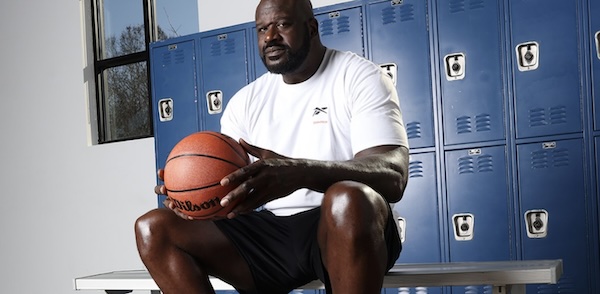
O’Neal, who is regarded as one of the top 10 NBA stars of all time, is one of those who managed to have successful careers in both fields. He began picking up the mic in the mid-1990s, initially just freestyling with friends and at nightclubs.
However, he soon began appearing in official commercial projects, releasing “Shaq Diesel” just two years after joining the NBA.
Fact! The title peaked at 25 on the US Billboard 200 charts.
It was also certified platinum by the RIAA in 1993. This kind of accomplishment opened doors for others who are attempting to follow in his footsteps.
Today, Shaquille O’Neal is the most successful athlete who transitioned into hip-hop. O’Neal collaborated with lyrical geniuses such as Michael Jackson and The Notorious B.I.G. He recorded the track, “You Can’t Stop the Reign,” with Biggie, but he had to rework his rhymes on the track many times in a bid to achieve perfection.
Damian Lillard
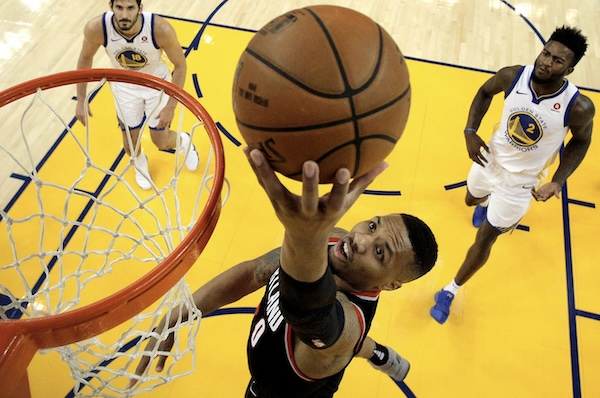
Damian Lillard, the former Portland Trail Blazers is a top basketball star who made seven All-Star teams. He is also a consistent MVP contender. Performing with the stage name, Dame D.O.L.L.A., Lillard is one of the rappers playing basketball who draws on the deep basslines and thunderous 808s of his Oakland upbringing.
He started putting out songs on his own in the middle of the 2010s and overtime became actually good. Since then, he has worked with well-known artists like Lil Wayne, Snoop Dogg, and Ty Dolla $ign.
Fact! He collaborated with Derrick Milano and Snoop Dogg on the 2020 song, Kobe, which was a tribute to the late NBA great Kobe Bryant.
Songs by Big D.O.L.L.A. have graced Spotify playlists and he has recorded soundtracks for TV series like HBO’s Ballers.
Allen Iverson
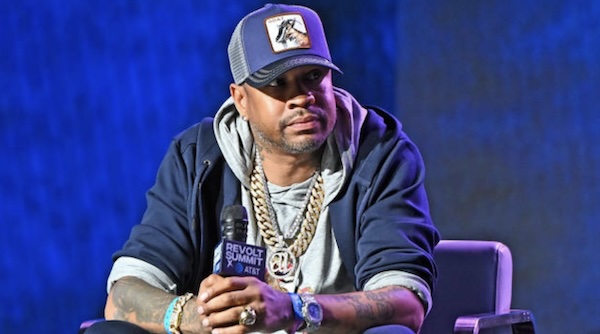
Iverson is one of the greatest, most captivating, and most adored players of all time. His approach fundamentally altered the NBA’s look in the early 2000s, becoming a cultural figure who inspired many young people, including Giannis Antetokounmpo. The Greek Freak complimented the Hall of Famer in 2022, stating that he chose to pursue a career in basketball because of him.
Iverson is known for his sense of style and fashion, which is why there’s not much surprise when he decided to get into the music game. His tattoos, shooting sleeves, and headbands frequently resembled those of a rapper. Iverson signed with Universal Records in the off-season of 2000, going by the stage name “Jewels,” and he recorded the album, Misunderstood.
It’s important to say the album didn’t receive positive receptions, and his musical career tanked after that.
Deion Sanders
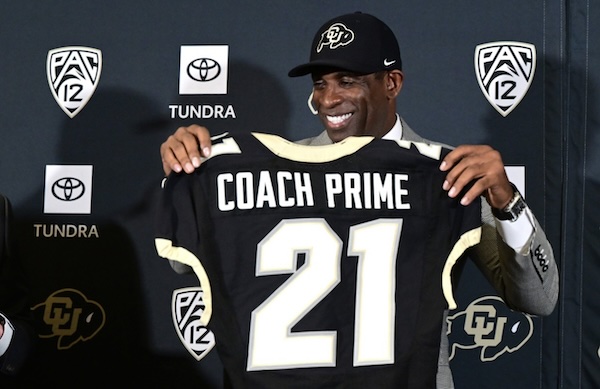
In the 1990s, Deion Sanders pursued a career as a rap artiste in addition to playing professional football in the NFL. Although the former Dallas Cowboys cornerback’s career in show business was short-lived, he left behind some notable accomplishments.
Deion Sander’s album “Prime Time” peaked at #70 on the US Hip Hop charts in 1994.
His two most notable songs were “Straight to My Feet,” a collaboration with the late MC Hammer, and “Must Be the Money,” an anthem. Deion’s lyrics from the later tune are as follows: “Limousines, in first class I fly- I’m livin’ large and you know I can’t deny.”
Sanders’ life story and his struggles to succeed were the subjects of several of the songs in the album. The CD also includes songs by artists like Faith Evans and MC Hammer. Sanders carried on with his illustrious sporting career, becoming the first player in history to participate in the Super Bowl (1995 and 1996) and the World Series (1992).
Memphis Depay
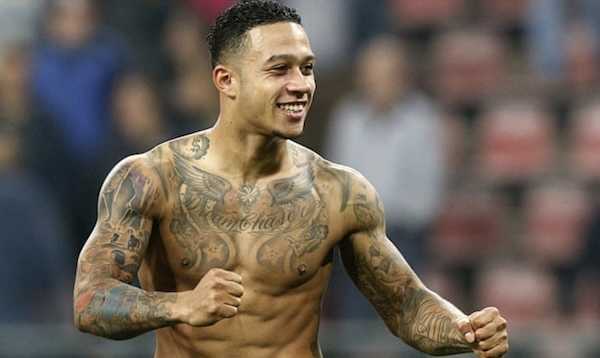
The Netherlands international is one of the few ballers who can claim to be both a rapper and an athlete. 2017 saw the Dutch star Memphis Depay launch his rap career. After being benched by Jose Mourinho for the season and landing a January transfer to Lyon, Depay was influenced by the Los Angeles rap culture and suddenly became a football player turned rapper.
He previously played for Olympique Lyonnais, Manchester United, and PSV. The soccer icon now represents Atletico Madrid as a forward. He is a member of the Netherlands national soccer team as well. Memphis Depay has recorded several tracks including “Fall Back,” “5 Milli,” and “No Love.”
In June 2017, while on vacation in California, Memphis dropped a freestyle rap titled “LA Vibes.”
The song describes the young player’s love of the lifestyle his game has given him and his ambition for trophies (“…that’s all I want/But I’m not feeling pressed/I’ve just begun“) in a combination of Dutch and English.
Kobe Bryant
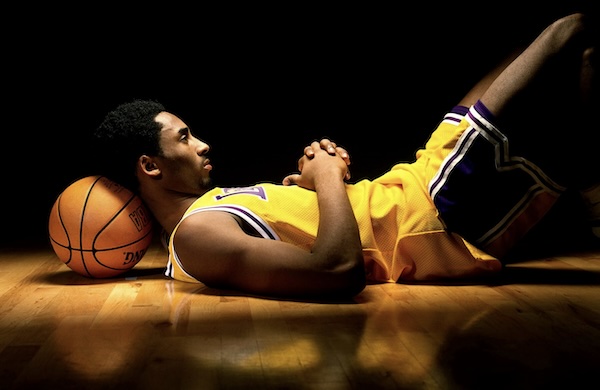
In 1999 Sony Entertainment signed the teenage shooting guard, who had just signed with the Lakers after high school, together with his group of neighborhood friends, known as CHEIZAW, with the intention of removing everyone but Bryant in order to capitalize on his rising stardom.
Bryant’s album had a similar fate as Iverson’s record due to the underwhelming reception received by the lead track, “K.O.B.E.” His ambition to compete with the finest in the business wasn’t entirely realized as his 2000 hit song “K.O.B.E.”, which featured 50 Cent, Nas, and model Tyra Banks, wasn’t warmly accepted. Sony eventually eventually entirely dismissed the Visions album concept. 2016 saw Bryant retire as one of the greatest NBA players in history.
Worthy Mentions
While the aforementioned list of athletes comprised mostly of those who love dunking, this section will be based on athletes from other athletic endeavors. From John Cena to Floyd Mayweather, check out other sportspeople who dabbled in rap.
- John Cena: His entrance song, “The Time Is Now,” is arguably Cena’s most well-known. Other songs include “Bad, Bad man” and “Word Life.”
- Chad Thomas: Thomas was a remarkable player for the Miami Hurricanes. Not only that, he possesses great artistic talents, as he plays nine instruments.
Floyd Mayweather: Following his friendship with 50 Cent, Mayweather entered the recording studio to record his one and only rap song, “Yep” in 2007.
Final Thoughts
While you may be aware of these players’ amazing skills in kicking, free throw shooting, wrestling, and goal scoring, you probably didn’t know they could also drop beats. Many believe that those who devote their entire life to sports could not have acquired the necessary skills to execute a work of art as complicated as rapping. Well, the stories of the athletes above should change that notion.

